Rückschau: Profit macht hungrig
- ARD
- 17 June 2012
"Bodenrausch" und wie sich Konzerne als neue Kolonialherren etablieren

"Bodenrausch" und wie sich Konzerne als neue Kolonialherren etablieren

Mis à l’arrêt par le coup d’Etat du 22 mars 2012, les grands travaux d’aménagement agricoles redémarrent à l’Office du Niger.
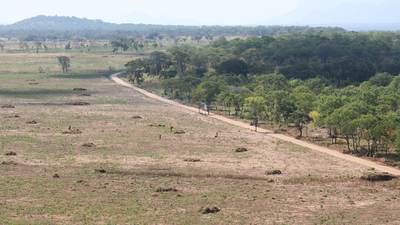
Part 2 of a report from the US-based National Public Radio on landgrabbing in Africa, highlighting the case of Mozambique

Los campesinos del sureste de Paraguay llevan años en la lucha por un repartición justa de la tierra y denunciaron que los suelos más ricos de la nación se encuentran en poder de los "brasiguayos", brasileros que han comprado tierras y se han nacionalizado.

Singaporean and other foreign traders are taking advantage of a loophole in Thai laws to purchase land suitable for paddy fields and starting up rice-trading houses in Thailand.
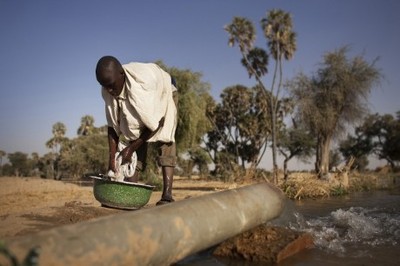
We are interested in the opportunity of farming in Nigeria and we are happy that the government is facilitating that process," says Hassad Food Operations and Asset Management executive director Andrew Goodman.
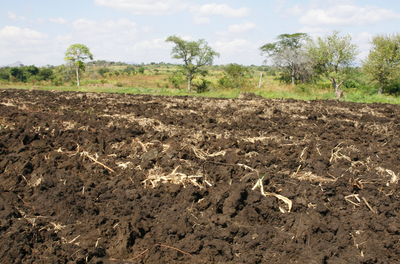
NPR takes a closer look at the reality behind the rhetoric, and went to Mozambique, a hot spot in the global rush for land.
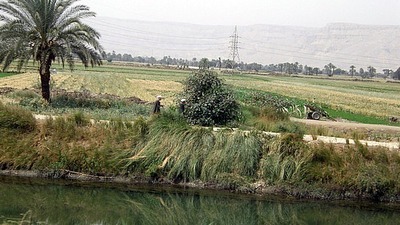
An Egyptian model farm is to be created in Ethiopia on an area of some 500 feddans [210 ha] with the potential for expansion in the regional state of Afar some 600 kilometres north of Addis Ababa.

Le dernier bulletin d'information du Hub Rural sur les actualités foncières ouest-africaines vient de sortir.

A Comissão de Agricultura da Câmara dos Deputados aprovou relatório que dá às empresas brasileiras com capital estrangeiro liberdade para adquirir grandes extensões de terras. Atualmente, isso é proibido.
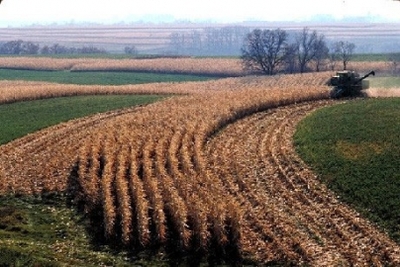
Adecoagro, the agricultural company that counts George Soros as its biggest investor, is giving potential buyers the chance to get a hold of farms in Brazil and Argentina at a 36 percent discount to its net assets.
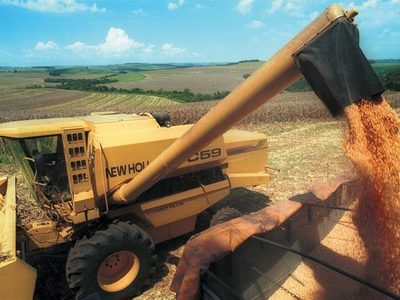
Under a new proposal from the Agricultural Committee of Brazil's Congress, any company established in Brazil, even if controlled by foreigners, would be considered Brazilian and not subject to restrictions on farmland ownership.